Research
Rooted in Arizona, with impact around the globe.
Sustainable, arid environments
Arid or dry lands make up more than 35% of our environments, produce 60% of the food we eat, and are home to the fastest growing populations in the world. These environments provide essential ecosystem services that support biodiversity, regulate climate, and supply clean water. The resources they provide are not only vital for environmental health - they ensure global food security, economic stability, and cultural heritage.
Interdisciplinary by nature.
Our research activities take place in the laboratory, in controlled growth environments and in the field. The resulting discoveries help us adapt to the challenges of a changing climate, develop strategies to mitigate the effects, and help create and maintain healthy and sustainable ecological systems.
Growing a sustainable future requires an interdisciplinary approach. Learn how we're bridging disciplinary boundaries to produce purpose-driven science with real-world impact.
Connect with our faculty experts by choosing a topic below to browse a directory of researchers in that area.
Collaborative Research Units
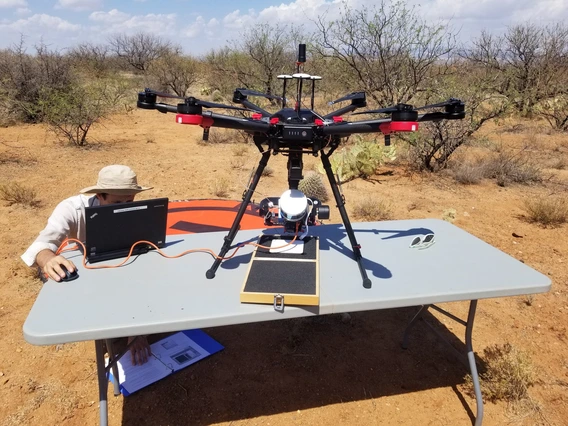
Arizona Remote Sensing Center
Since its inception in 1972, the Arizona Remote Sensing Center (ARSC) has used advanced airborne and satellite remote sensing data and geospatial information technology to address natural resource management issues at the local, regional, national, and international levels.
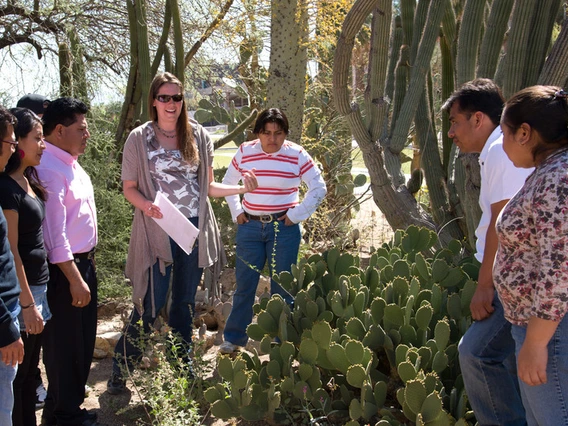
USA National Phenology Network
The USA National Phenology Network brings together citizen scientists, government agencies, nonprofit groups, educators, and students to monitor the impact of climate change on plants and animals in the United States. USA NPN provides data and information on the timing of these events in plants and animals to ensure the well-being of humans, ecosystems, and natural resources.
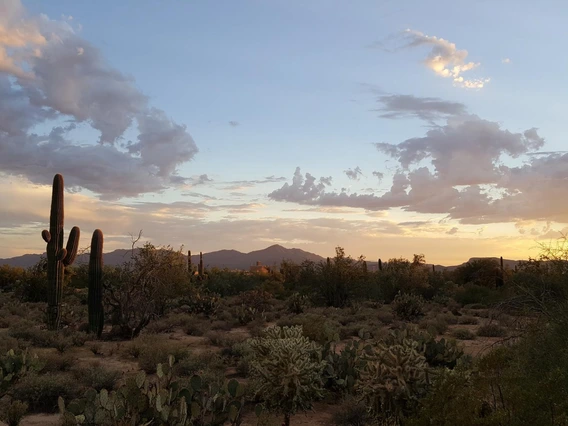
The Desert Southwest Cooperative Ecosystem Studies Unit
The DSCESU provides collaborative research, education, and technical assistance addressing desert ecosystem resource issues at local, regional, national, and international levels. To establish interdisciplinary programs that involve natural resources, cultural resources, and social sciences, with emphasis on involving communities and under-represented groups.
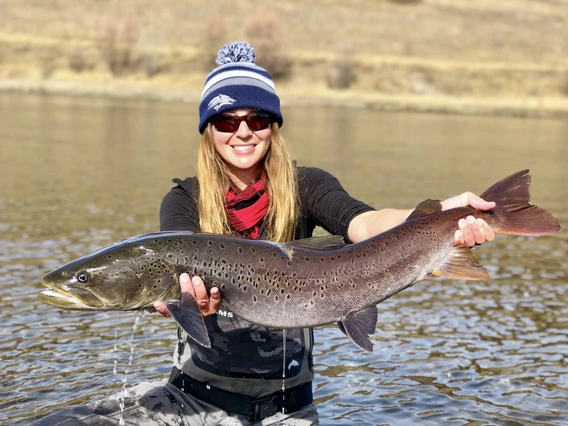
Arizona Cooperative Fish and Wildlife Research Unit
Established in 1935, our unit enhances graduate education in fisheries and wildlife sciences while fostering collaboration between natural resource agencies and universities. We offer technical assistance in fish and wildlife, including monitoring techniques, conservation genetics, and endangered species recovery, benefiting state, federal, and private partners.
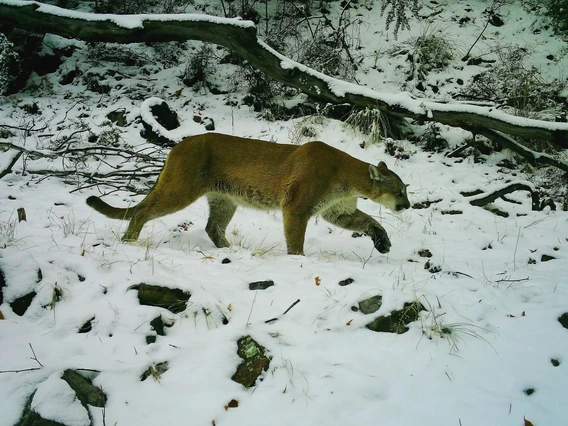
Wild Cat Research and Conservation Unit
The Wild Cat Research and Conservation Unit works to conserve wild cat species worldwide, including their prey and their habitats, and to promote thriving human communities within biologically rich, life-supporting, and healthy ecosystems.
News, breakthroughs and profiles in science
Explore the work we're doing to put science to work to solve real-world problems.




